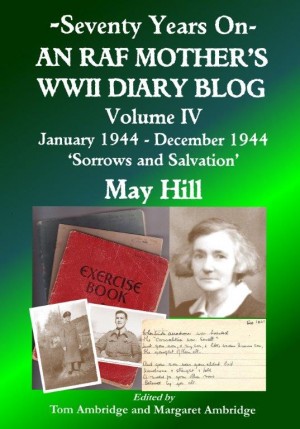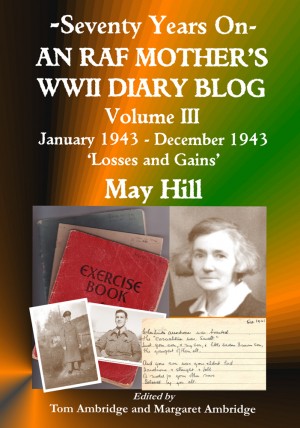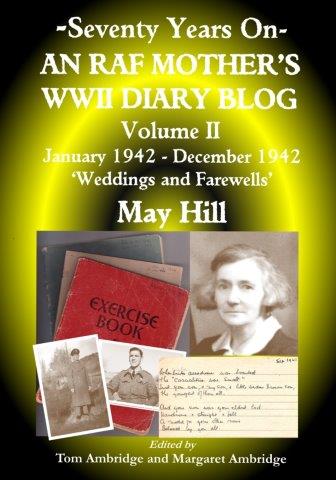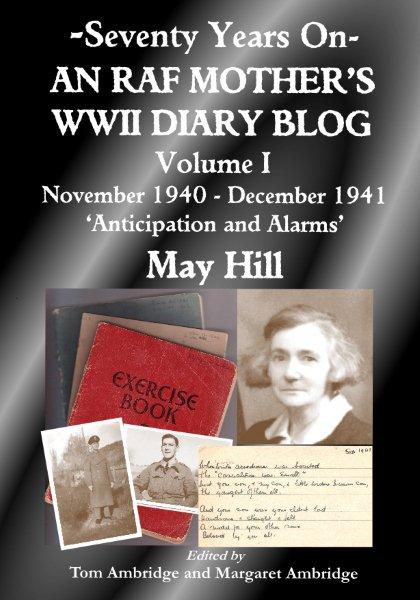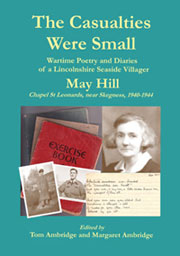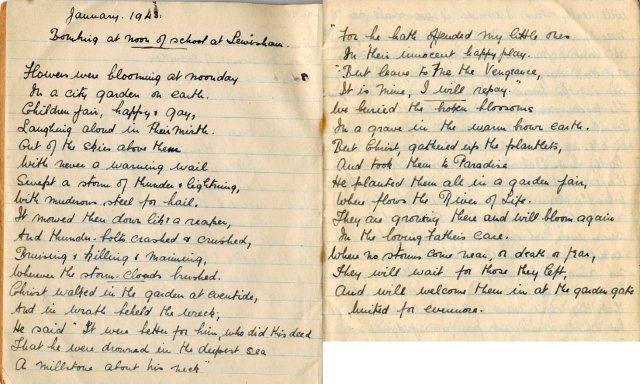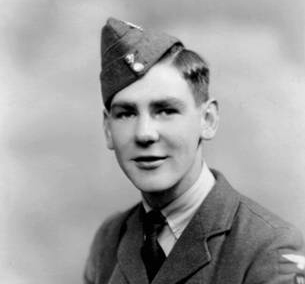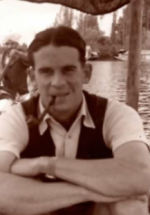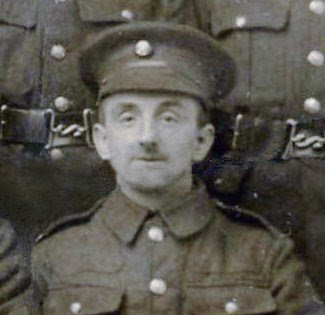This is a foreign land,
The sun of brass burns down,
Out of a copper bowl,
With fierce exhausting heat.
When storm-clouds tarnish the copper bowl,
Sharp lightnings split the sky,
Batteries of thunder roll,
And the sluice-gates open wide.
Torrents of rain come hurtling down,
In rushing cascades, to the dusty earth,
Turning the sand and dust to mud,
Clogging our weary feet.
Everything deeply underlined,
Accented sun, and storm, and wind.
Oh! to be home, in England!
To feel the tempered sun
Shine thro’ a film of scattered clouds,
Or the cold sea-aar, that rolls
Over the sand-hills on hot June days.
Once, I grieved to see it spread
Over the sun-kissed earth,
But now, I long for its clammy breath
T’wixt me and this African sun.
I long to feel the rain descend
In a gentle April shower,
Refreshing the earth, with the sun gleaming thro’
Like smiles, thro’ childhood’s tears.
Yet, no matter how long the weary day,
Every night the sun must set,
And the cooling night sweep down.
I lift my eyes to the deep blue sky;
I am at home again.
The same bright stars, and silver moon
Shine over this foreign land.
The evening star and the morning star
Rise and set the same,
In the same blue heaven
With God above.
I fall asleep in quiet peace,
With the “long, long, thoughts” of home.
M.H.
When May wrote this poem Ron had been serving with the RAF in North Africa since his arrival there just before Christmas 1942. Several letters had been exchanged and mentioned in the Diaries. May’s thoughts obviously often turned to that region of the world and to how Ron would contrast it with home.
Sea-aar, or ‘haar’, in the poem, is a type of coastal mist.
The poem has been added to the poems collection on this site. It also appears in the book The Casualties Were Small which contains over twenty of May’s poems as well as selected diary extracts, including those which suggest the background to each poem, accompanied by many nostalgic photographs.
Have you read an introduction to May Hill & family (includes photographs) and explored ‘The Casualties Were Small’?

